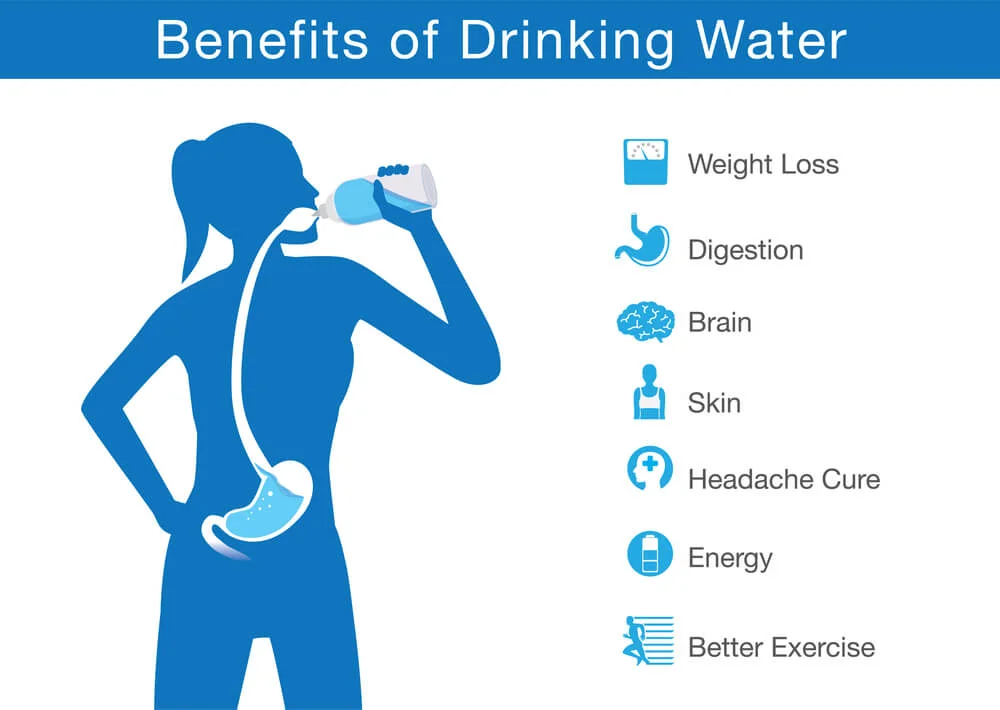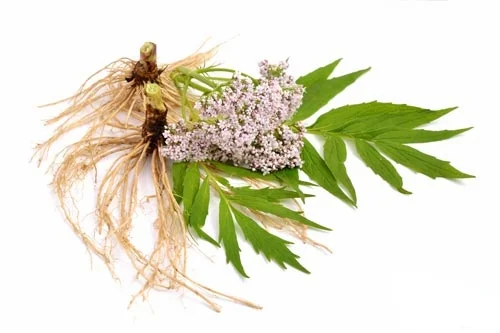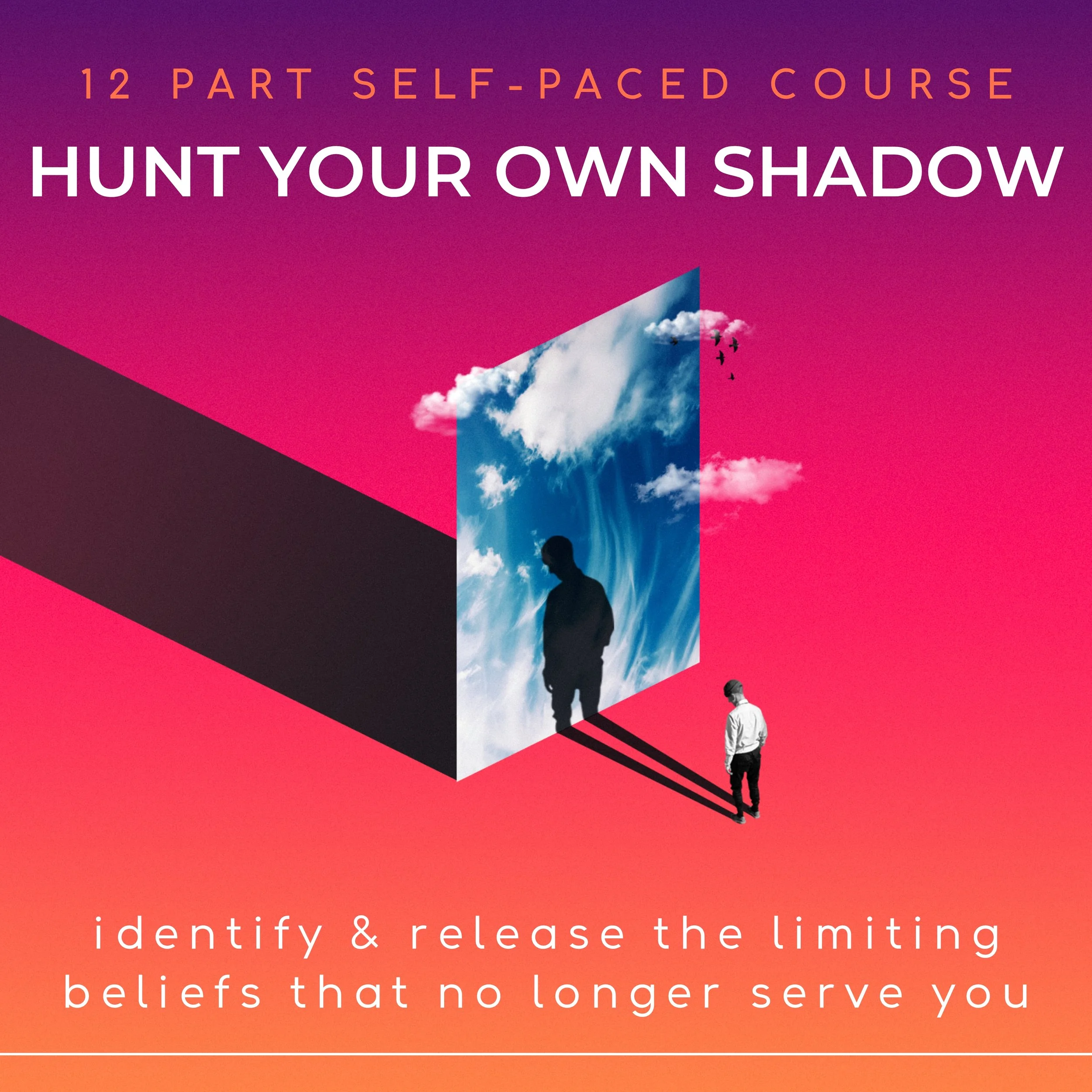The Top 4 Supplements for Your Mental Health
What you eat directly impacts your mental state. Put simply, the better you eat, the better you will feel.
I spend a lot of my time researching and experimenting to find what works to best guard my mental state. I want to do everything I can to ensure that my mood is stable and that my mental health is improving over time.
To this end, I regularly exercise, meditate, socialise and speak to a professional therapist. In the last couple of years I have been digging deep into nutrition and supplementation. I wanted to know what I should eat more of and what I should avoid in order to be in the best place possible. I know that whilst a good diet won’t stop a mental breakdown from occurring, it will at least help to lower the duration and severity of a mental affliction.
I analogise it to weight training. If you want to get big, you need to lift heavy and eat more protein (meat, eggs, spinach, nuts, and dairy). True, you will see gains if you eat chocolate cake but those gains won’t be as significant and your recovery time will be longer than if you eat lean healthy meals.
1) Water
There is some debate as to how much water the average person should drink per day, but I tend to err on the side of ‘more’. The average person should drink more water each day, particularly in the morning. If they drink coffee or alcohol, they need to add an extra glass of water to compensate for the diuretic effect (drinking caffeine and alcohol causes dehydration).
I start my day with two glasses, and typically consume at least two litres per day. The morning water is my secret to being able to get up and go without feeling groggy. Most of the hangover like symptoms you are experiencing each morning are due to dehydration. If you drink more water throughout the day, particularly first thing each morning, you will be more hydrated, and thus you will feel better.
It is far better to start the day feeling good compared to feeling bad. Good feelings tend to lead to good feelings, and bad feelings lead to bad ones. I noticed that the better I felt in the morning, the better I would feel for the rest of the day. The best way to ensure good feelings in the morning was to hydrate.
Speaking of hydration, water is great, but if you feel that it needs ‘something more’ you could always try an electrolyte tablet. I use one tablet of hydrolyte (my preferred brand, but I am open to suggestions!) after every training session. These effervescent tablets dissolve in water and give you back the salts and sugars that you lose during a workout. Basically they do what Gatorade claims it does, without all the sugar and chemicals.
2) B vitamins complex (Berocca)
Speaking of effervescent tablets, Berocca gives you a massive boost of B vitamins that are dissolvable in water. I choose the same flavour as the hydrolyte tablets described above and consume them together.
Why B vitamins?
There is an increasing body of research linking a deficiency of B vitamins to anxiety and depression. Whilst you can get B vitamins through your diet (fish, poultry, meat, eggs, and dairy), getting enough can be difficult (if not impossible for vegans).
Personally, I find that a Berocca has all of the positive effects of a coffee, with none of the jittery anxiety downside. It wakes me up and makes me feel sharp. Just be careful to follow the instructions on the packet and don’t consume it every day. Like any form of supplementation, if you take too much too often, your body will just expel it through your urine.
3) Fish Oil
Fish oil is amazing for the mind and body. The omega-3 fatty acids contained within do wonders for improving memory and reducing the symptoms of depression.
Whilst you can certainly get it from salmon and tuna, I find that I just can’t get enough naturally (besides eating fish everyday would get quite boring!)
For me, the real benefit of fish oil comes from the elimination of my joint pain. I’m only 30 years old, but given my athletic lifestyle, I am using my joints a lot. Slowing down or exercising less is not an option that I want to consider, so instead I take fish oil. It enables me to maintain the lifestyle that I want without the pain.
So I take 5000mg’s per day (5 tablets), this sounds like a lot, but the results speak for themselves. Since I began taking the fish oil my recovery times post exercise has significantly reduced. I train daily (often twice per day), so this is a massive benefit to my mental health, as it enables me to continue training (the more exercise the better in my book).
If you are suffering from joint pain, consider supplementing with fish oil (or just eating more fish). The less pain you are in, the better your mental health will be.
4) Valerian Root
Valerian is a flowering plant that has long been known for its anti-anxiety and sedative qualities. Unlike some other ‘natural’ anti-anxiety remedies, valerian has been shown to reduce anxiety at levels greater than placebo – this mean that it actually works. It comes in two forms, tablets and tinctures.
I use the tablets as an on the go, anti-anxiety boost. If I notice that I am getting anxious, or that a panic attack could be on the horizon, I take one. Usually this, combined with some meditation is enough to avert almost every issue. If you do decide to use valerian tablets, be careful to follow the directions on the package. Too much valerian will make you drowsy (see below), and that could be dangerous if you were then to drive.
I use the tincture (valerian root refined into a liquid) when I am struggling to sleep. I find that a couple of drops in water is enough to send me off to sleep most (bad) nights. Just a note of warning however. Valerian root tincture has a very strong smell which can be off putting to some people. I got used to it, but it takes some time. Also, some people report that it can make their dreams more vivid or wild – it is up to you to decide if that is a good or a bad thing.
Foods to limit
Of course, the impact of diet on mental health can be negative. A general rule that I like to follow is to moderate unhealthy foods. You can still eat what you enjoy, but just don’t binge.
Sugar
The energy spike and subsequent crash of a sugar high can wreak havoc on your mood and mental health in general. In addition, too much sugar can lead to health problems as well as significant weight gain. Both of which are not conducive to positive mental health.
Coffee
Coffee contains caffeine, a mild stimulant. This is the reason the drink is so popular, it ‘wakes you up’ and ‘helps you to focus’. These effects are no joke, statistically speaking, coffee does improve performance.
However, this same stimulant effect is terrible for some people with anxiety. When I drink coffee, my anxiety increases significantly. If I have more than one weak latte, I am basically asking for a panic attack. Now I tend to prefer jasmine tea – it still has caffeine, but significantly less than a coffee (and tastes great).
Alcohol & Drugs
Any substance that alters the mind needs to be consumed with caution, particularly for those with pre-existing mental health concerns. There is a strong correlation between long term use and metal health problems. Personally I find the enjoyment of the substance to be far exceeded by the impact on my mind when I sober up – it usually takes me a day or two to return to normal. Not ideal.
What foods have you found impact your mental state?
If this post has resonated with you, I would love your support.
Read more:
Why BJJ Is The Best Martial Art For Combating Mental Illness
Guard Your Mental State At All Costs
This blog post was inspired by the book, Gut - The Inside Story of Our Most Underrated Organ. The mind and body are completely interconnected. This seems obvious, but science is only just starting to show how deep that connection goes.
Your shadow is the gateway to a more authentic you.
This course is your guide to profound inner work. Through powerful insights, guided prompts, and proven techniques, you'll navigate your shadow, heal unresolved wounds, and reintegrate the parts of yourself you’ve long ignored.
What’s Inside:
12 x Guided Meditation & Contemplations
12 x Introspective Prompts
12 x Expansion Challenges
A comprehensive instructional PDF guidebook
Unlimited email coaching for ongoing support and personalized guidance
Explore full course details and watch intro video here!
This isn’t just about healing, it’s about meeting your shadow head-on, embracing every part of yourself, and reclaiming your full power.
Are you ready to face what’s been hidden and step into your truth?





